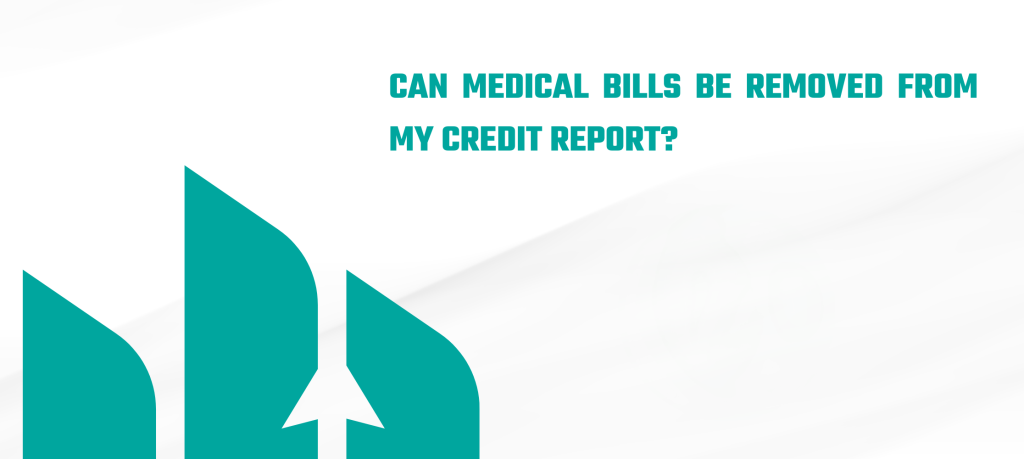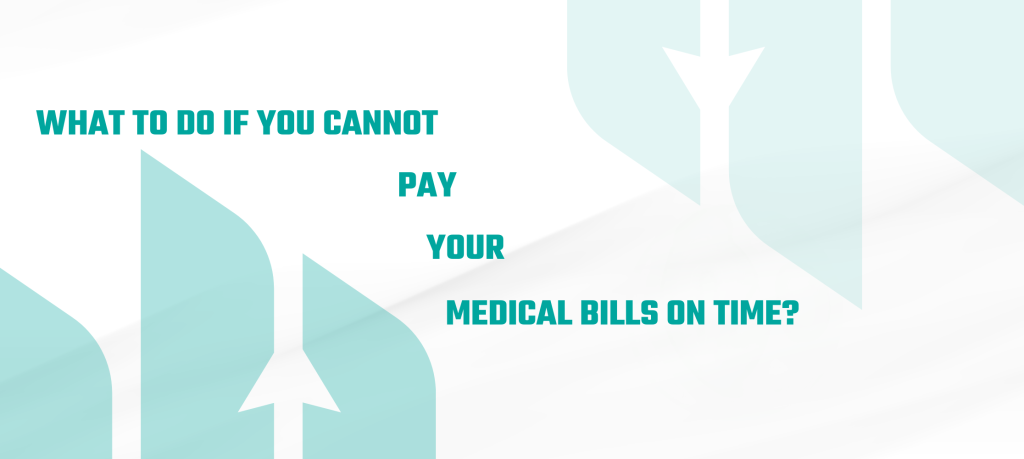Can Medical Bills Affect Your Credit Score? – Find Out Now!

Getting medical care is undoubtedly a crucial part of staying healthy. However, expensive medical bills can seriously strain your bank accounts and result in a bad credit score. Hospital bills affect your credit scores negatively. This is because the debt has already been sent to collections by the time it starts to show on your credit report. Even if you are making payments actively on the debt, having an account in collections can have a bad impact on your credit score.
Your medical debt might affect your credit scores, but not always. If you have missed multiple payments and your healthcare provider sells your debt to a collection agency, then these bills can hurt your credit. Here is what you need to learn about: “Do medical bills affect credit?” In addition to that, we have given some tips to help you tackle them. So, let us get started:
Does Medical Debt Go On Your Credit Report?
Medical bills will not influence your credit as long as you pay them on time. However, not paying off medical debt is tackled a bit differently than other types of debt. Because most healthcare experts do not report to credit bureaus, your debt would have to be sold to a collection agency prior to it appearing on your credit report. Many medical professionals would not sell the debt to a collection agency until you are 60, 90, and even 120 or more days past the due date. The exact time varies depending on your medical care provider.
Even after your bills go to collections, the account will not show up on your credit report straight away. The major consumer credit bureaus, TransUnion, Experian, and Equifax, provide a 365-day waiting period to fix any medical debt. After that, the collection account starts to show on the medical bill credit score. So, medical bills will not influence your credit score right away if they are not paid or even if you pay them within a year. If the initial reported collection account balance is more than $500, then the medical debt affect credit. However, if it is less than $500, then it will not impact your scores.
This does not mean that you should ignore paying off medical debt. There are a lot of people who ask whether do medical bills go on credit or not. Well, unpaid bills might take a long time to show up on your report. But, the damage to your credit scores can be long-lasting as soon as they start showing up on your scores. Unpaid medical collection accounts of more than $500 can stay on your reports for seven years. It can make it challenging for you to keep up with your credit score ranges. However, once you pay them, they will not show on your reports anymore.

Medical Debt And Credit Score | Can I Remove Them?
Insurance companies and medical billers commit mistakes, and fraudsters might steal your identity to get medical care. If you have your medical bills go on your credit report that are not correct or are the result of any fraud, then you have the right to contact the credit bureaus.
Apart from them, you can also seek help from genuine credit score services, such as Gifted Financial Services, to dispute whether these medical collections affect credit. If the dispute is settled in your favor, then the accounts can be removed or updated from your report.
You can file these disputes for free. However, you need to be prepared to give evidence of your claim. For instance, you might need records from the insurance company, collection agency, or even your medical-care provider, a credit card statement, or copies of canceled checks displaying that you have paid the bill.
Does A Hospital Bill Ruin Your Credit?
It is always a great idea to pay off any legitimate medical debt. And, when it narrows down to your credit scores, it can make a huge difference. Unpaid collection accounts that are more than $500 can show on your reports and impact your credit scores for about seven years or so. However, when you or your insurance company pay off a bill that was in collections and report it to the bureaus, the account will be removed from your reports. If it still stays there, you can get services, such as Credit Breeze from Gifted Financial Services, to resolve any issues with your credit scores. This will have an immediate positive impact on your report.

What To Do If You Cannot Pay Medical Bills Credit On Time?
If you know you will not be able to make timely medical bill payments, then you need not to worry. In order to solve this issue, we have given some of the options below:
Try To Negotiate Your Medical Bills
Medical care experts are mostly willing to work with their patients. This is because they would rather get some portion of what they are owed than get nothing at all. Say, for instance, many professionals offer considerable discounts if you make a huge payment and then pay the rest with time, or even agree to pay a lower amount in full.
Try To Work Out A Repayment Plan
Your healthcare expert might be willing to break down your total bill into monthly payments, which might make it a bit more manageable for your budget. Just keep in mind that any fees or interest the provider charges will add to the cost of the original bill.
Use A Credit Card Or Personal Loan
These options must be your last resort, as you will get interest on whatever amount you charge or borrow. Do not get a loan secured by your home or any other assets, as you might lose them if you default. If you are planning to use your credit card, then a card with a lengthy 0% APR introductory offer on your purchases can give you some extra time to pay off your hospital bills on credit without paying interest, but make it a goal to pay off the debt prior to the higher rate kicks in. You can hire online credit score monitoring services, such as Gifted Financial Services, to keep track of your scores.
Hire A Medical Billing Advocate
Medical billing advocates work with insurance companies and healthcare providers to help resolve bills on people’s behalf. The service is not free. However, it is totally worth the cost. A medical billing advocate can help you save thousands of dollars. Moreover, they also save you hours of time that you would have spent on the phone with provider offices and insurers.
Figure Out If You Qualify For Financial Aid
On the basis of your income, you might be able to get help paying medical bills from state or local programs, non-profit organizations, charities, and even religious groups.
Summing It All Up
Even if you have a collection account on your report, there are a few things you can do to improve your credit score. Make all your debt payments timely, avoid applying for new credit unless you really need it, and keep your credit card balances low. Keep an eye on your credit by checking your credit score and report regularly. Be attentive to your score risk factors so you can make alterations that will help you improve your credit for medical expenses.



